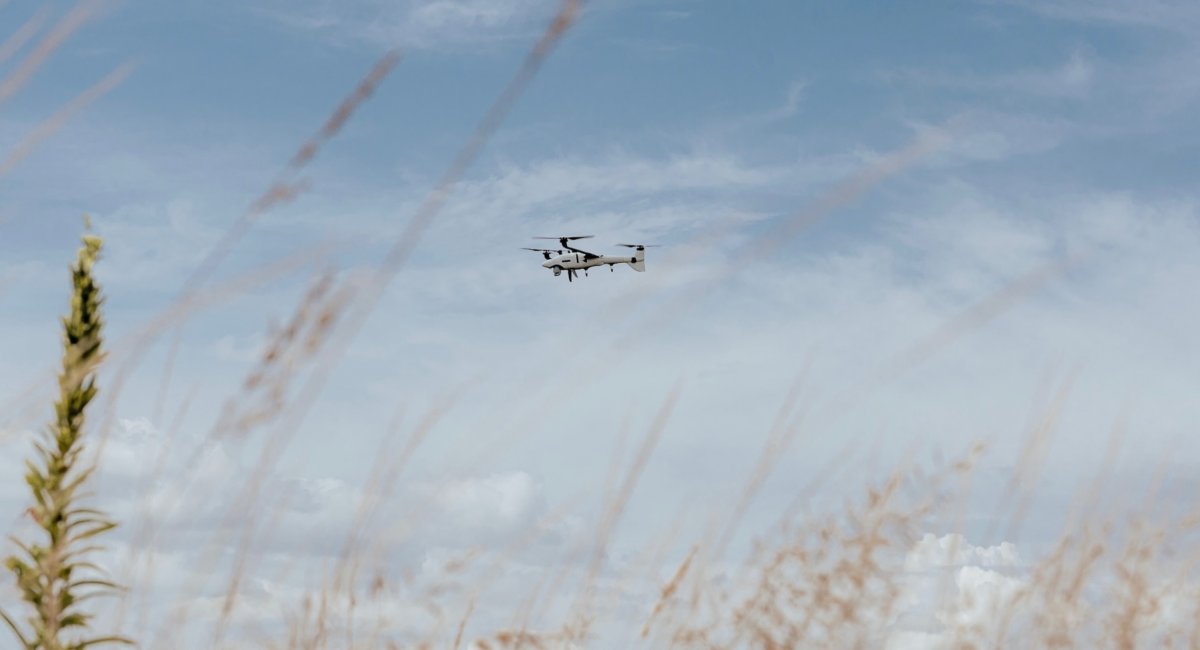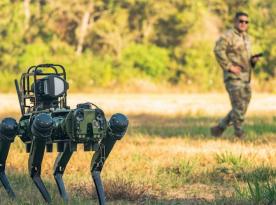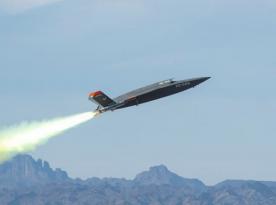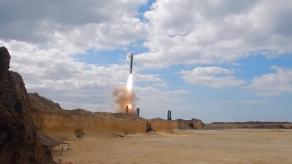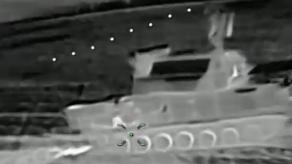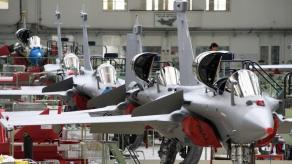Quantum Systems, in partnership with Airbus and Spleenlab software developer, has made significant advancements in autonomous drone swarm technologies. In early August, at Airbus’ Airbus Drone Center in Germany, the companies showcased the latest phase of the KITU2 research project, which focuses on autonomous swarm control using AI systems.
“For the first time, a specially developed mission-AI controls and coordinates the UAS systems to ensure reliable mission execution even in scenarios with radio interference or a complete failure of individual drones,” reads the report.
Read more: What Is Known about Quantum Systems’ New UAV Facility in Ukraine
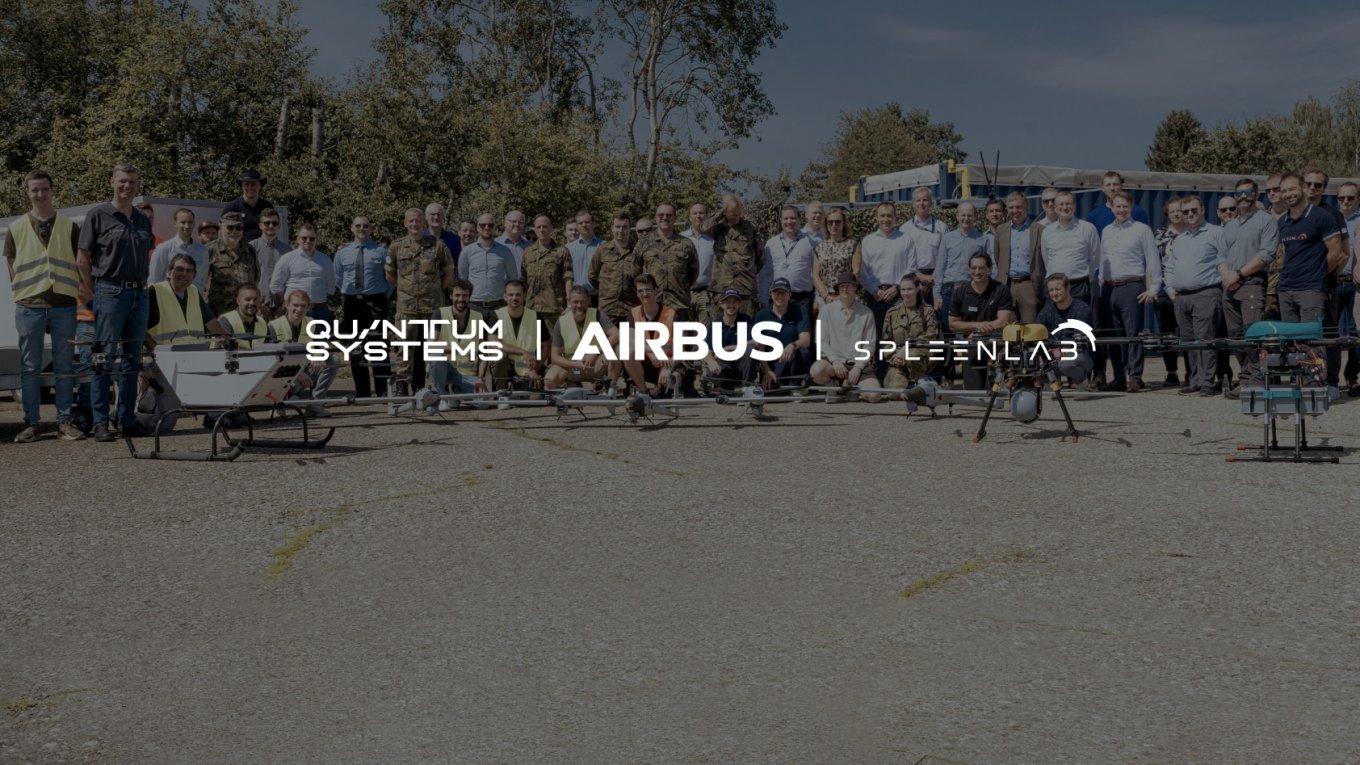
The tests involved two of Quantum Systems’ drones, the Vector and Scorpion, along with two unnamed UAVs from Airbus. These drones were deployed in a swarm, with data from all units transmitted in real time to Airbus’ Fortion Joint C2 battle management system. This integration allows a single operator to monitor the swarm more effectively and make informed decisions based on a broader data set.
Quantum Systems also highlighted that during the testing, the Vector drones showcased their ability to carry out reconnaissance and target acquisition missions without GPS, underlining the critical role of AI in autonomous operations in highly challenging environments.
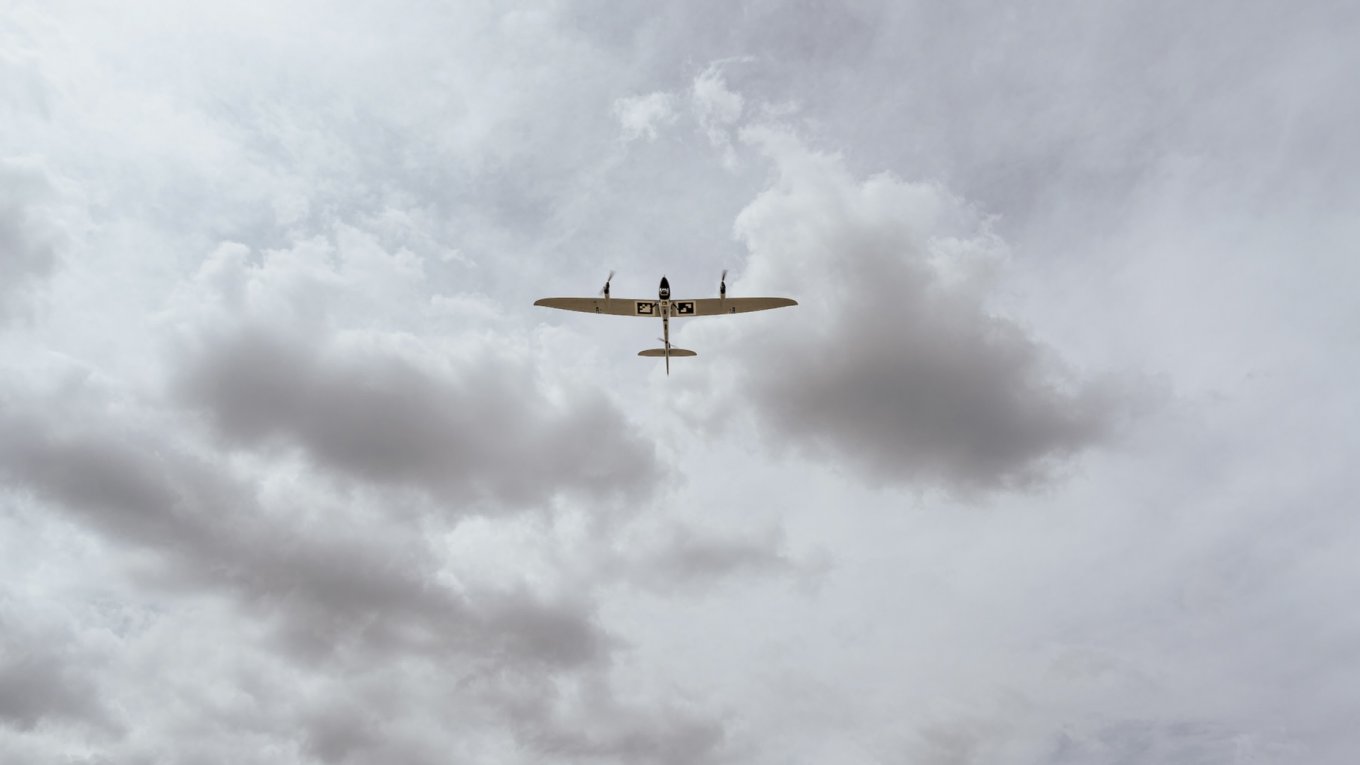
This advancement is particularly relevant for Ukraine, where the Armed Forces of Ukraine operate hundreds of drones from Quantum Systems. By August, 288 drones had been delivered to Ukraine as part of Germany’s defense aid, with another 187 units scheduled for delivery. According to a press release, Quantum Systems has made a significant breakthrough in swarm technology, part of a research initiative commissioned by the German military in July 2023 to fully exploit AI’s potential in drone operations.
One of the most important developments is that Quantum Systems has already started drone production in Ukraine. In April, the company opened a manufacturing facility in Ukraine, initially assembling drones from kits, with plans to gradually localize certain components. By the end of the year, the facility is expected to employ around 100 workers, with projected investments of up to six million euros over the next two years. This plant is expected to boost Quantum Systems’ overall UAV production capacity to 1,000 units per year, although the exact production numbers for Ukraine have not yet been disclosed.
Read more: Ukrainian Drone Strike Devastates russian Missile Depot in Tver Region, What Missiles Were There




